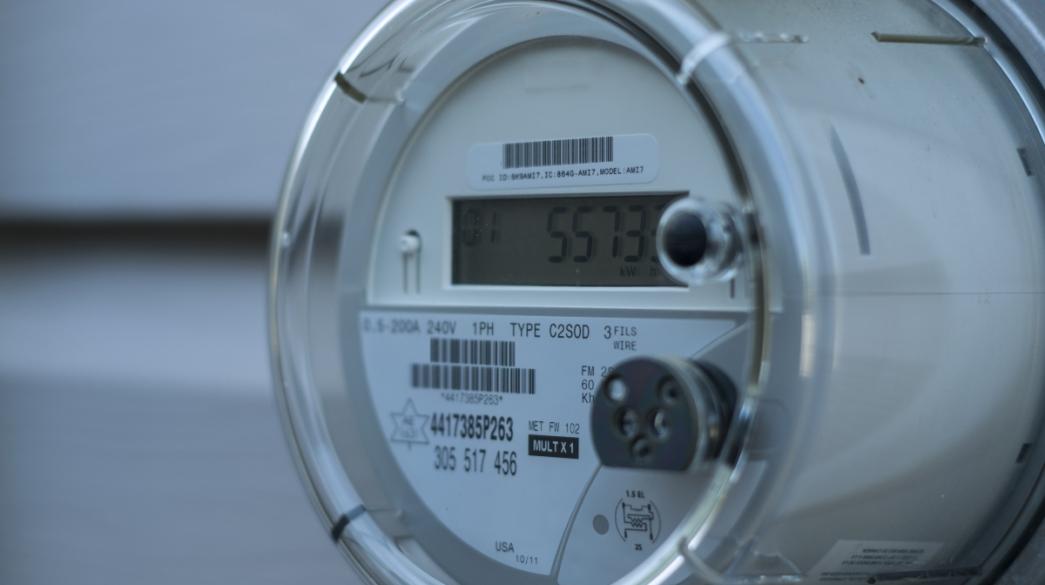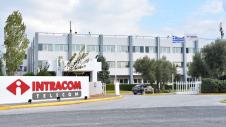After successive extensions – four already in 2022 – today, Wednesday, June 8, those interested in the project for the installation of 7.3 million smart meters, announced by power distribution system operator HEDNO, will have to submit their file to the operator's offices.
After the expression of interest, a short list will be drawn up with the companies that meet the specifications of the tender and the submission of technical offers will follow. From this process, three joint ventures will be selected that will be the winners of the tender in a project estimated to exceed 850 million euros.
The number of smart meters they will be asked to install will also depend on how competitive a financial offer they will make.
While advanced countries have been enjoying the benefits of smart meters for years, in Greece the bureaucracy, the lack of resources and objections among stakeholders created obstacles for a project that has been under discussion by PPC and the Ministry of Energy since 2014.
It was then that European directives obliged member states to introduce new energy measurement technology, describing these projects as developmental, so that they could receive funding from the European Investment Bank and the EU's Cohesion Funds.
The benefits of digital transformation
The transition to the digital age through smart meters will radically change everything we know about measuring electricity consumption. Smart meters that will also communicate with smart devices will be able to provide consumers and providers with a constant flow of data on electricity consumption. For example, consumers will know at all times the kilowatts they have consumed.
The upcoming changes in pricing will also be facilitated, since high consumption is followed by higher pricing. At the same time, providers will reduce their costs, as they will no longer need the services of employees who check power meters at homes every four months and record consumption.
The benefits of the operator will also be significant, since the network will be monitored more effectively, faults will be detected much faster and black outs will be shorter. At the same time, the possibility of power theft will be reduced, as tampering of the new meter will not be possible.
The installation plan and the aspiring investors
According to the HDNO plan, the replacement of analogue or industrial meters with smart meters will be executed over an eight-year period and will be completed by 2030.
In particular, 300,000 new meters are expected to be installed in 2022 – a far-fetched expectation considering the extensions the tender received, 500,000 in 2023, 800,000 in 2024, 1 million in 2025, 1 million in 2026, 800,000 in 2027, 1 million in 2028, 1 million in 2029 and 900,000 in 2030. In total, 7.3 million meters.
It is estimated that all the major players of the sector will participate in the tender. Among them are Schneider, Siemens, Intracom Telecom, Sagemcom Energy, as well as the multinational Landis+GYR, which maintains a smart meter production unit in Corinth.








